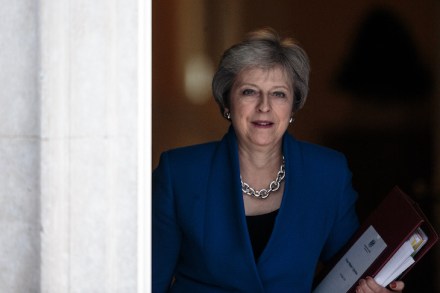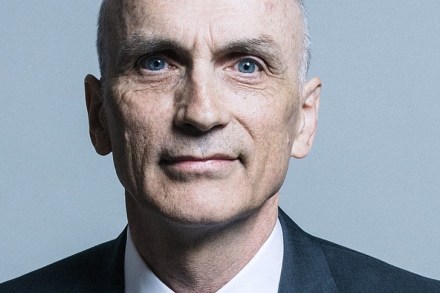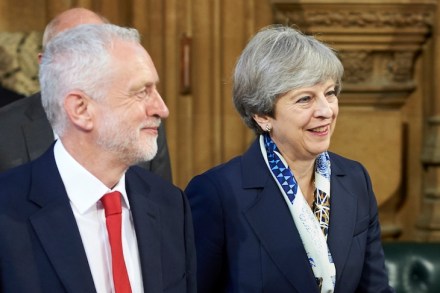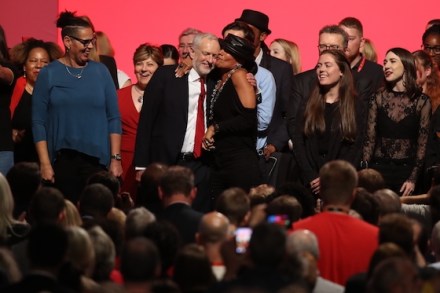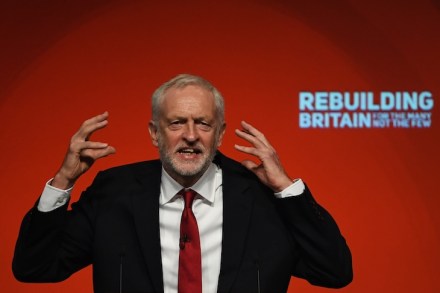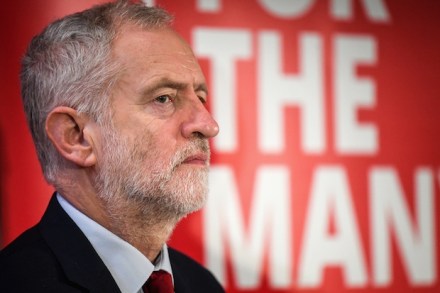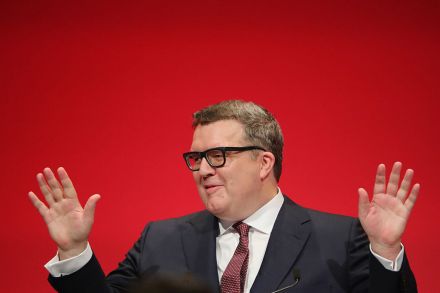Labour U-turn: 'Brexit can be stopped'
With Theresa May’s government seemingly on the brink of collapse over the backstop agreement, the Prime Minister can take heart that the Opposition are also experiencing Brexit turbulence. Over the weekend, Jeremy Corbyn set the cat among the pigeons by telling a German newspaper that Brexit cannot be stopped. The Labour leader’s comments dismayed a lot of pro-EU Labour voters. But fret not, in the space of two days Labour’s Brexit position appears to have changed again. Keir Starmer – the shadow Brexit secretary – has just told the Today programme: ‘Brexit can be stopped.’ Expect the position to change again by end of play.


